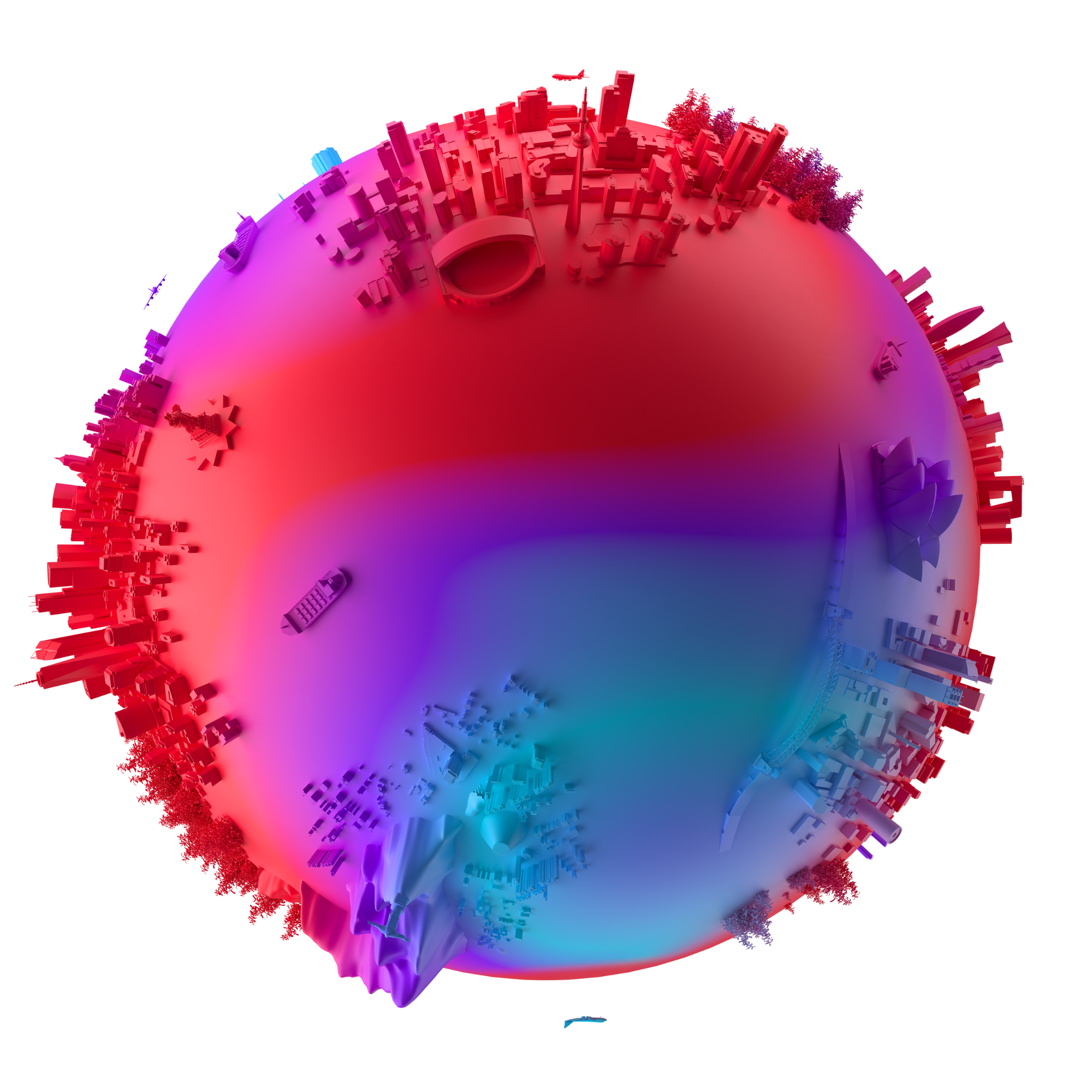AB InBev / ‘All love is love’
Budweiser redesigns its bottles to permit Chinese customers to celebrate all forms of love
Share this post
To celebrate China’s 2019 Qixi festival (Chinese Valentine’s Day) on August 25th, AB InBev’s in-house agency, draftLine, released a video of several couples talking about their relationships, one of which has a 15-year age gap. The films don’t explicitly show same sex couples – all content depicting gay relationships in banned in China – but the message is that love should be celebrated in all its forms.
In addition, Budweiser created a set of bottles designed by Norwegian designer Magnus Voll Mathiassen portraying either a man or a woman. By setting the two bottles on a table and rotating them slightly so that their faces ‘touch’, the two figures appear to be kissing. This meant customers could create depictions of men and women kissing, two women kissing or two men kissing. The brand says these bottles permit Chinese customers to celebrate all forms of love.
RESULTS / The campaign gathered 183 news clippings, and 2.16 billion+ impressions in total, which translates into RMB 21.06 billion in advertising value. The campaign generated public support, with a Southern Weekly article notching up 100K+ views on WeChat platform in the first 24 hours. Budweiser also sponsored a LGBTQ+ Qixi event in Shanghai. The event drew many members of the press and hundreds of people, many of whom shared images as well as their thoughts on the topic via Weibo.
INSIGHTS / Budweiser gave its audience the tools to create their own content depicting various sexual orientations (so that the brand doesn’t have to) ensuring China’s LGBTQ+ community felt included in this typically hetero-normative holiday. Such images are also novel enough to share on Chinese social media sites such as Weibo and WeChat.
There is also plenty of evidence to suggest that China’s gay community represents a huge opportunity for brands. Bloomberg recently cited Chinese state media as estimating that the ‘rainbow segment’ of the nation’s economy is worth $300 billion a year (the world’s third-largest after Europe and the US).


